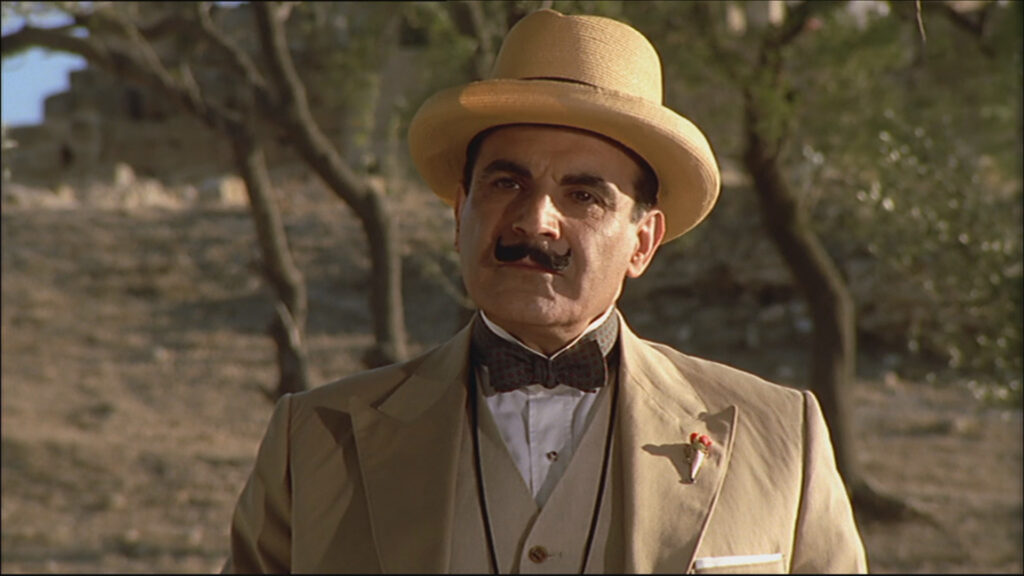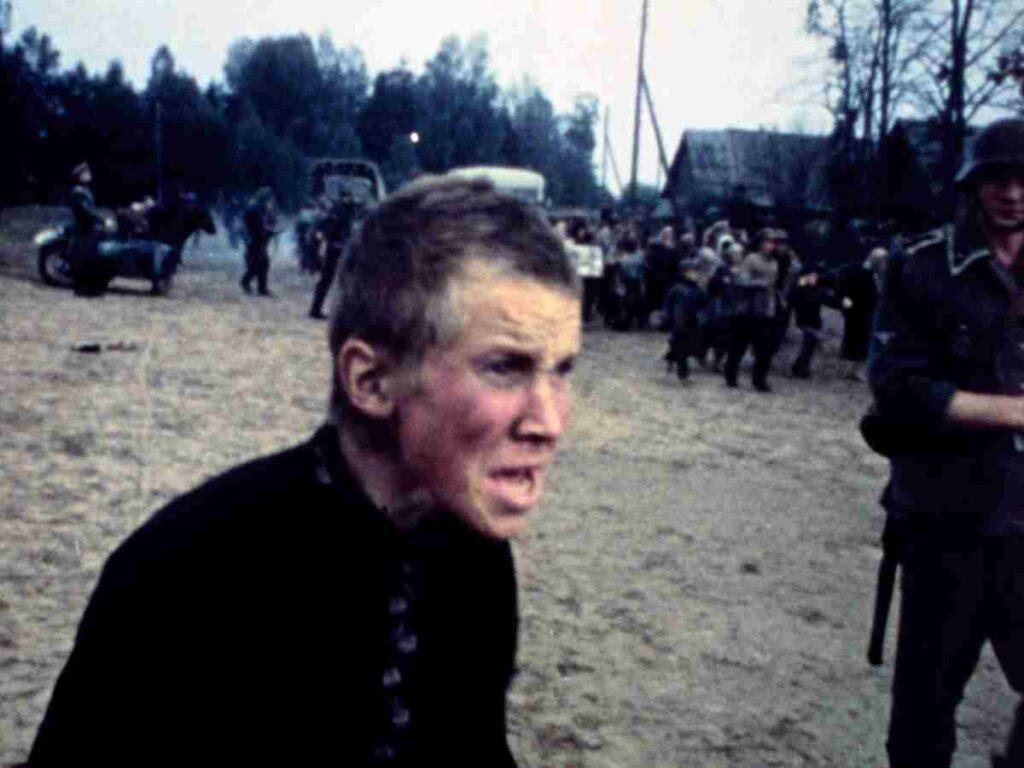In the wickedly delicious world of Agatha Christie, where murder and mystery go hand in hand and the devil lies in mundane details, Belgian-born Hercule Poirot and his “little grey cells” reign supreme.
Much like Granada’s Sherlock Holmes series which has Jeremy Brett rendering the best possible iteration of Holmes for television screens, Agatha Christie’s Poirot, with David Suchet in the role of the eponymous detective, brings to life the eccentricity, intellect and ‘order and method’ of the famed sleuth.
Unlike the Granada series which was unable to adapt all of Conan Doyle’s work for television due to the unfortunate death of the great Jeremy Brett, Poirot has adapted almost all of Agatha Christie’s stories.
A large body of work, comprising several novels and short stories, the series aired over a period of 24 years. The episodes range from about 50 minutes during the first few seasons to an hour-and-a-half, full-length episodes later.
Recommended: 13 Super Engrossing Indian Courtroom Dramas: Hindi, Marathi, Bengali
Similarly, the stories also gradually develop from Poirot being Agatha Christie’s Holmes to an independent identity of his own. What stands out though, through all the seasons is the remarkable faithfulness to the world created by Agatha Christie, even if liberties are taken with certain characters, introduction of new motives and adoption of a darker tone towards the later seasons of the show.
David Suchet’s Poirot is a perfectionist in the way he dresses, his obsession with symmetry (often rearranging items present before him), his penchant for cleanliness (dusting off chairs or benches when he’s about to take a seat), his insistence on solving the cases in a particular fashion. This leads up to the famous ‘summation gatherings’, where Poirot brings all those involved in a place (room, courtyard, garden etc.) and explains the exact sequence of events, presenting to us the explanation of a mystery which, in the first instance, had seemed unsolvable.
Hugh Fraser plays Captain Hastings (‘Watson’) his close friend and companion, oblivious to the most obvious hints that other characters drop throughout the episode but a kind-natured and gallant soul.
Recommended: 15 Must Watch Hindi Thriller Movies | Crime Drama | Murder Mystery
Philip Jackson plays Inspector Japp (‘Lestrade’), the chief inspector of Scotland Yard who is promoted to assistant commissioner by his final appearance in ‘The Big Four’. He is perceptive of events but often falls prey to the most obvious line of thinking, which seldom aligns with Poirot’s.
Pauline Morane plays Miss Lemon, Poirot’s secretary, who like him, is eccentric obsessive, especially with her filing arrangements but is also able to procure important information for the detective by doing some footwork.
The four make an efficient and affable team. They respect Poirot’s intellect but at the same time aren’t intimidated by his stature, they rather treat him as a friend. This is demonstrated in some of the lighter moments such as in ‘Tragedy at Marsdon Manor’ when Poirot prides at his statue in the museum, only to be brought to ground by Hastings and Japp.
The series brings out the tropes in Agatha Christie’s novels well — the genial-looking villages inhabited by country folks with hidden evil intentions (The Murder of Roger Ackroyd, Mrs. McGinty’s Dead), dreams which are too good to be true often have a sinister background (The Cheap Flat), wills and fortune cause much mayhem, killer couples (Evil under the Sun, Death on the Nile) and murderers often strike more than once.
Recommended: 13 Best Bollywood Thrillers On Netflix: Talvar, Andhadhun…
There are also changes in plot — new subtext that wasn’t in the original books such as Philip’s affection for Amyas in Five Little Pigs (works out really well in this episode); replaced characters in several episodes such as Cards on the Table where Christie’s regular Superintendent Battle is replaced with Superintendent Wheeler, who is made a suspect in the case. And The Big Four, which is rather admirably made into a coherent episode, and shares little in common with the original work.
There is repetition of ideas in Agatha Christie’s works most obviously visible in The Plymouth Express and The Mystery of Blue Train, which have a common plotline. The former, a short story, was written first and was later adapted into the latter (a novel).
Though the adapted works belong to a number of decades from 1920s to 1970s, the series is primarily set in 1930s and is remarkably executed. The buildings, the cars, the technology and vast countryside with its old manors, bring back times past.
Almost all the seasons have some standout episodes but the ninth season, featuring the likes of Sad Cypress, Five Little Pigs, Death on the Nile and The Hollow, works like a charm.
Anyone who wants to put their ‘little grey cells’ to test in some of the most confounding plots in detective fiction are advised to give this series a try.
Where to Watch: SonyLiv
By Divy Tripathi
Recommended: 9 Indian Web Series To Binge Watch This Weekend




